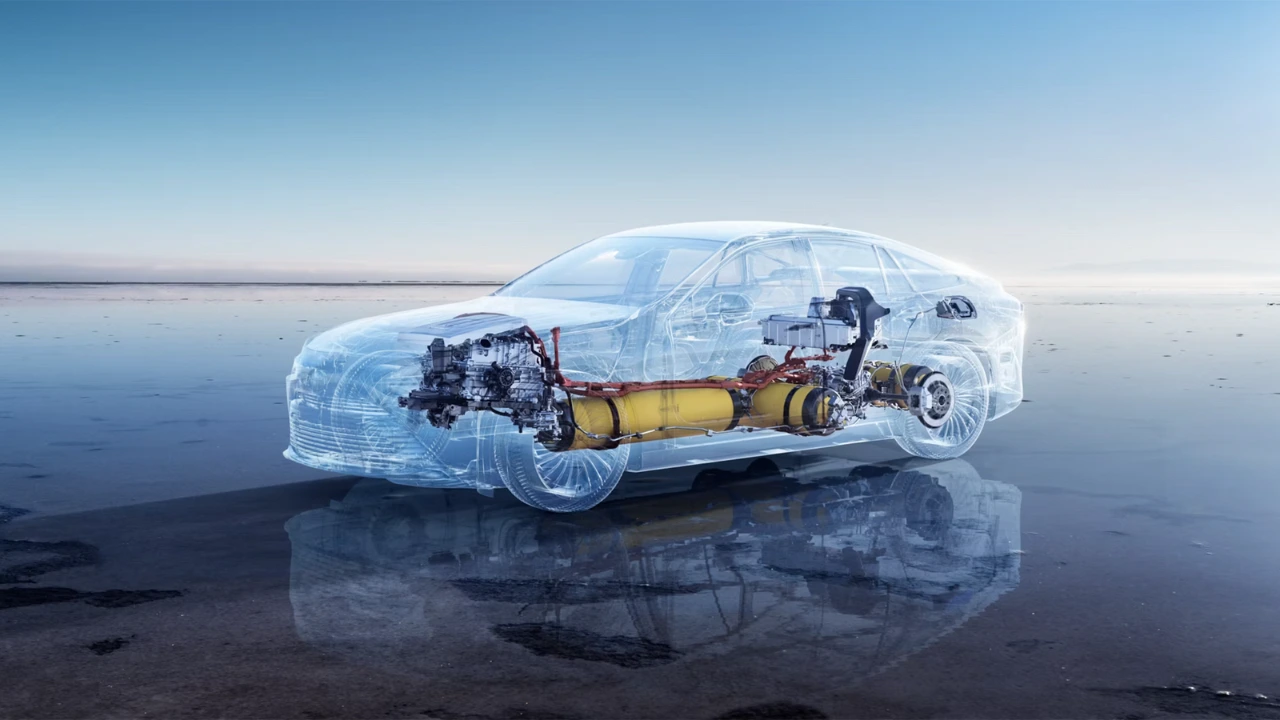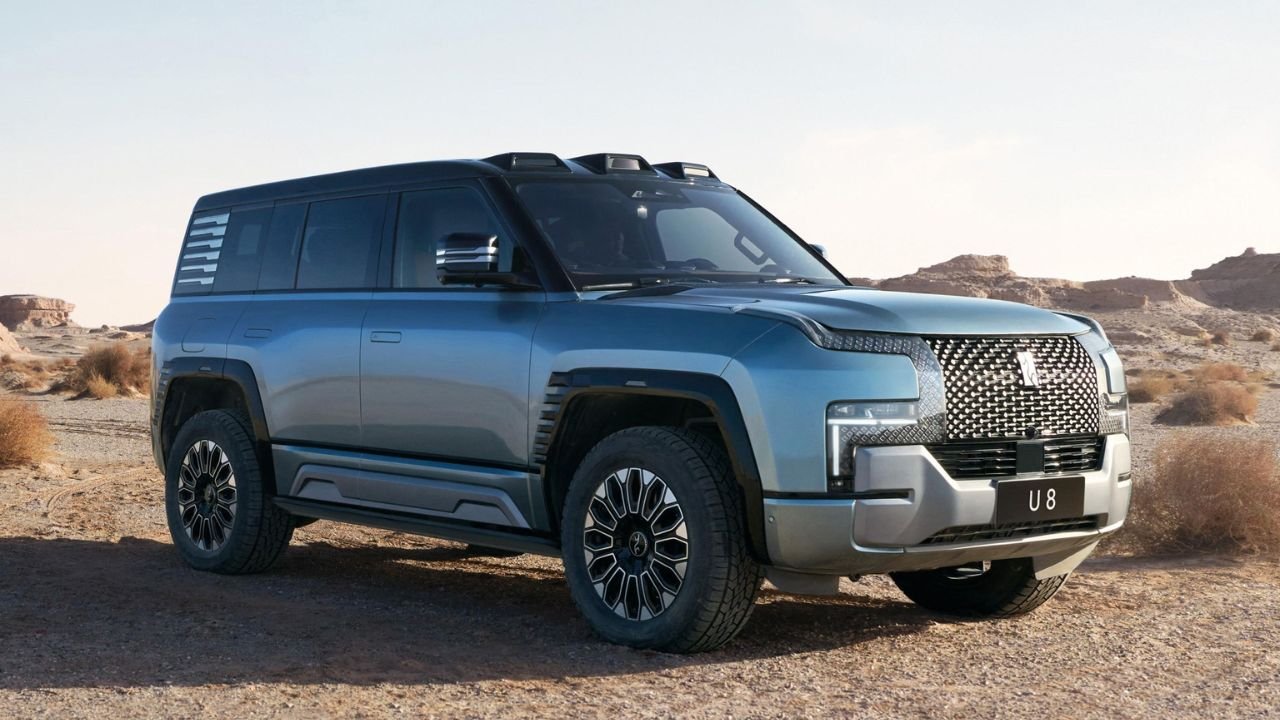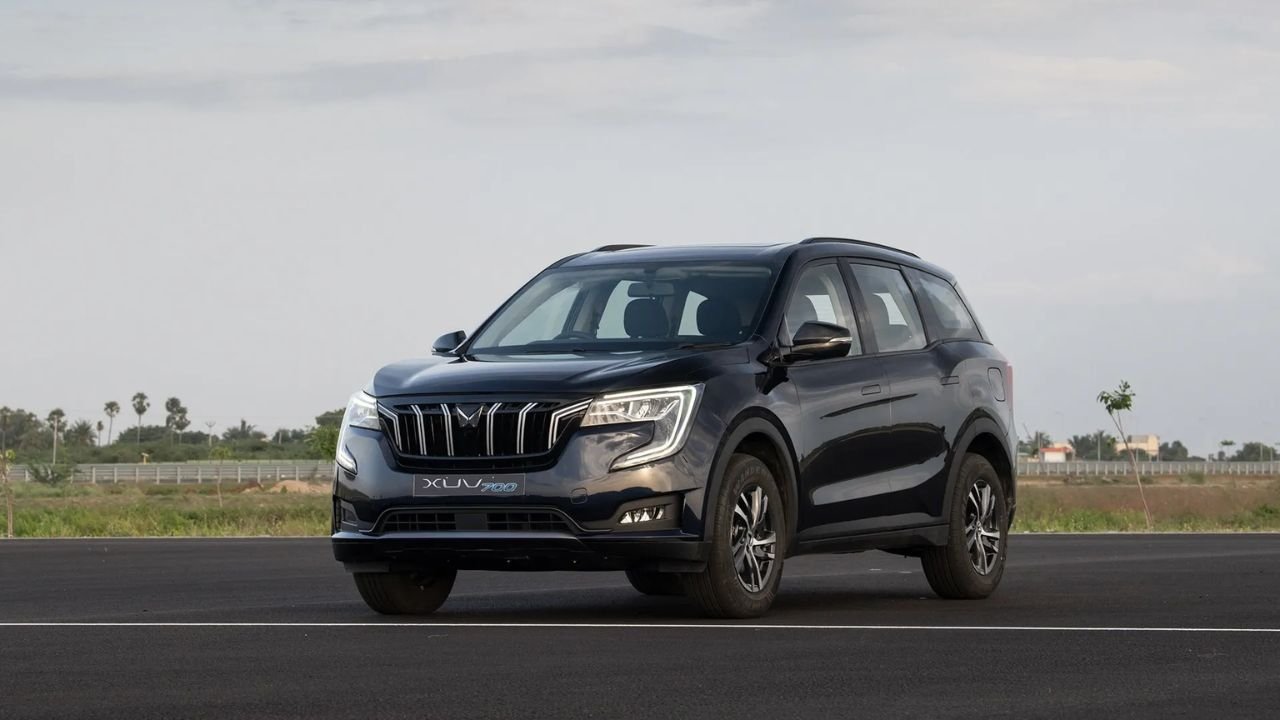Hydrogen-powered vehicles are slowly entering the spotlight in India. As the country requires cleaner fuel alternatives, the dream of hydrogen car in India is no longer an illusion. The reasons behind these changes are the growing need to reduce pollution, reduce fuel imports and make a switch to sustainable mobility. In this blog, we will discuss how they run, what we might expect to see in the market, the obstacles to overcome, and their comparison with other alternatives such as fuel. All content has been rewritten in a conversational tone and structured for easy reading.
Working Mechanism Behind Hydrogen Cars
Hydrogen cars are easy to understand. They generate electricity by using hydrogen gas. This occurs within a fuel cell. Hydrogen is mixed with oxygen in the fuel cell. The result? Power in the form of electricity that drives the motor of the vehicle. The only byproduct is water vapor. No harmful gases. No pollution. The fuel cell stack replaces the traditional engine. Hydrogen is stored in a high-pressure tank. Once you fill the tank, it powers the motor just like a regular fuel engine. But cleaner.
Here’s a quick comparison:
| Feature | Hydrogen Car | Petrol/Diesel Car |
| Fuel Type | Compressed Hydrogen | Petrol or Diesel |
| Emission | Water Vapor | CO2, NOx, PM |
| Refill Time | 3–5 minutes | 5–7 minutes |
| Driving Range | 600–700 km | 500–800 km |
| Engine Noise | Silent | Noticeable |
Hydrogen cars offer a driving experience close to electric vehicles. But they beat EVs in refueling speed and longer range.
Hydrogen Cars Coming Soon in India
Several automakers are preparing to launch hydrogen cars. These models aim to offer both performance and clean energy. Let’s look at what’s arriving soon on Indian roads.
Toyota Mirai
The Toyota Mirai is a futuristic sedan. It runs on hydrogen fuel cells. The second-generation model has a long driving range. It offers over 600 km on a single tank. Toyota has already started trial runs in India. It looks premium and drives smoothly.
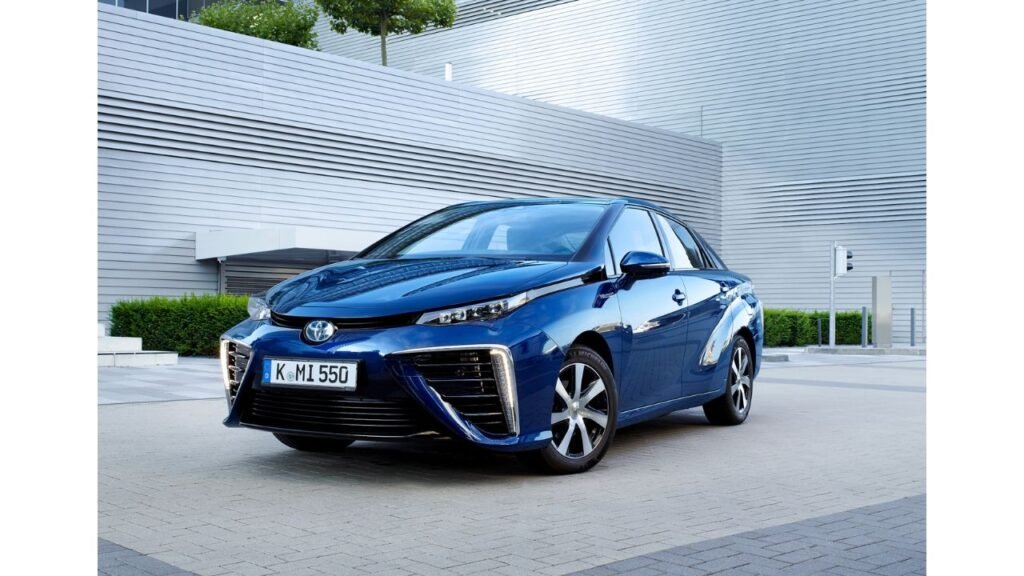
- Price: ₹60 lakh (expected)
- Power: 182 PS
- Torque: 300 Nm
- Engine: Hydrogen Fuel Cell with electric motor
- Launch Date: Already in pilot phase, expected 2025
Hyundai Nexo
Hyundai’s Nexo is a mid-size SUV. It is sleek and filled with smart tech. The car promises a range of up to 665 km. It also has a quick refueling time. Hyundai has plans to bring it to India soon. It’s already popular in global markets.
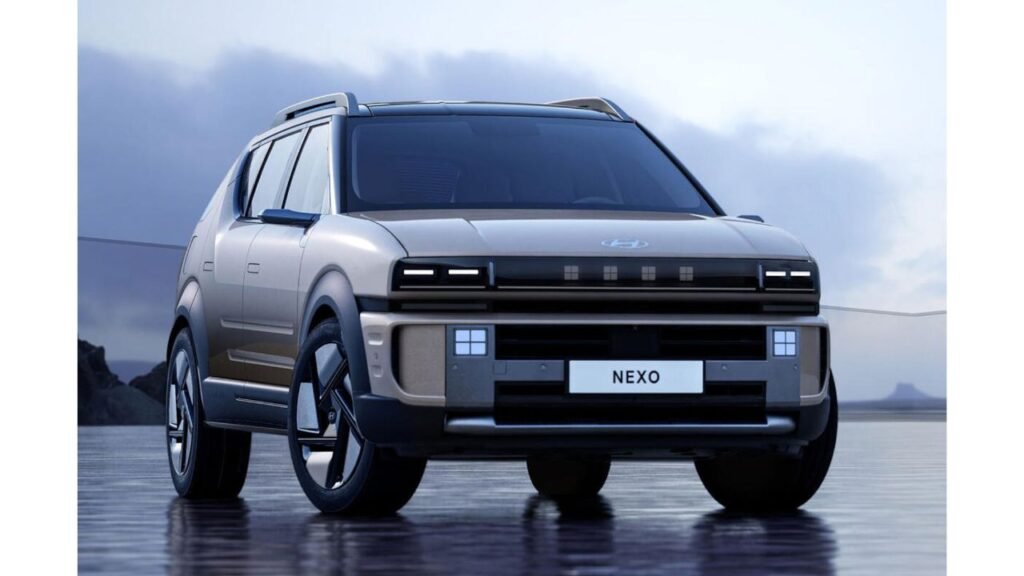
- Price: ₹65–70 lakh (expected)
- Power: 161 PS
- Torque: 395 Nm
- Engine: Hydrogen Fuel Cell with single motor
- Launch Date: Expected by late 2025
BMW iX5 Hydrogen
The BMW iX5 Hydrogen combines luxury with clean energy. It is a fuel cell electric version of the BMW X5. The car has a strong body and smooth finish. Its range and performance match that of any high-end SUV. BMW is likely to test this model in India.
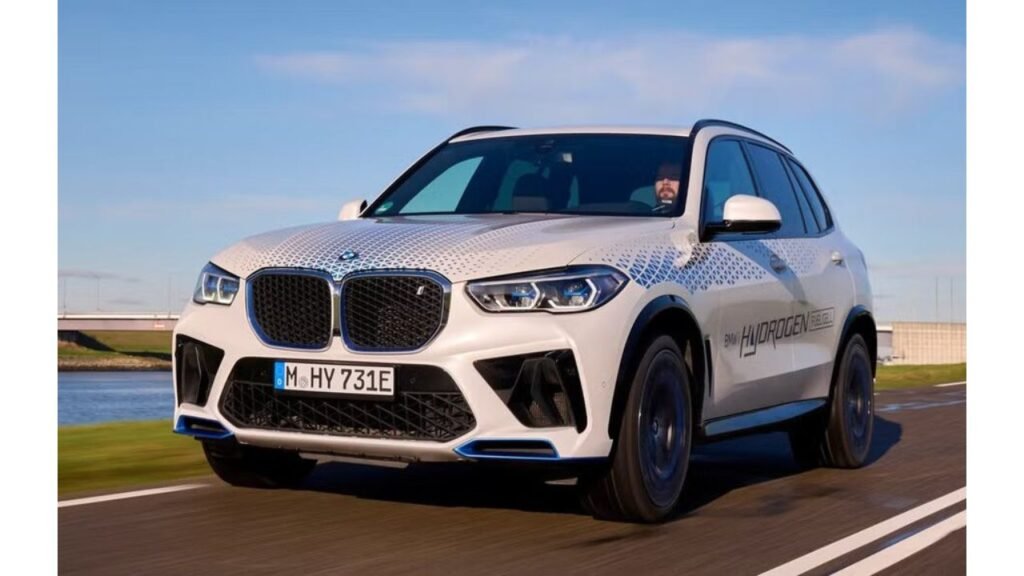
- Price: ₹1 crore+ (estimated)
- Power: 374 PS
- Torque: 700 Nm
- Engine: Hydrogen Fuel Cell with dual electric motors
- Launch Date: Global testing ongoing, India likely by 2026
Honda Clarity Fuel Cell
The Honda Clarity is noiseless and clean. It is powered by an electric motor which runs off hydrogen. The smooth handling of the car is well recognized. Although not yet confirmed for India, it remains a strong contender. It has seen success in Japan and the U.S.
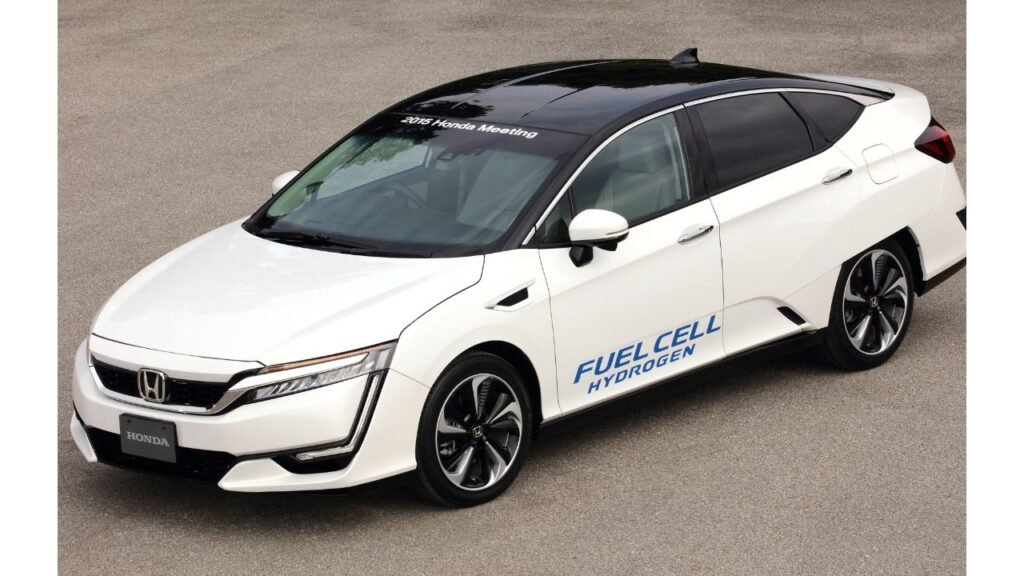
- Price: ₹60–70 lakh (expected)
- Power: 174 PS
- Torque: 300 Nm
- Engine: Hydrogen Fuel Cell with electric motor
- Launch Date: Not confirmed, possible 2026–27
Tata Hydrogen Bus (Pilot)
Though not a car, Tata’s hydrogen bus deserves mention. It’s part of a pilot project in India. The bus uses fuel cell tech for public transport. It’s a sign of India’s growing hydrogen push. More such vehicles could follow soon.
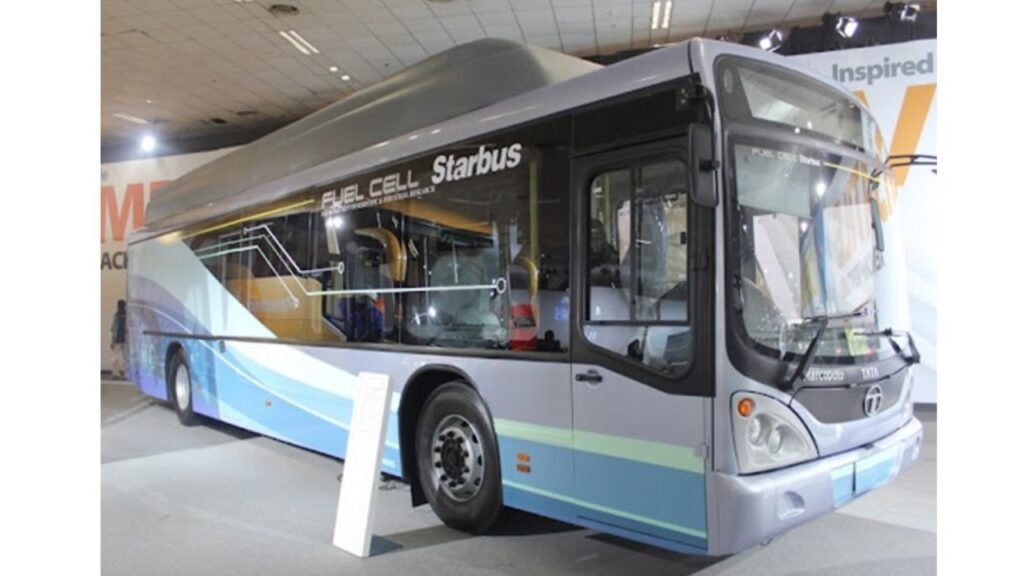
- Price: Not for sale yet
- Power: Approx. 245 PS
- Torque: 1050 Nm
- Engine: Hydrogen Fuel Cell Electric
- Launch Date: Pilot phase began in 2023
Roadblocks in Hydrogen Mobility Growth
The journey for the hydrogen car in India isn’t all smooth. There are hurdles that need serious attention.
Key challenges include:
- Infrastructure gap: There are a limited number of hydrogen refueling sites in India. Most cities have none
- Production cost: Hydrogen continues to be costly to produce particularly green hydrogen, produced through electrolysers of water.
- Price of vehicle: Compared to petrol or electric cars, vehicle cost of fuel cell cars is high. This reduces affordability.
- Storage and transport: Hydrogen is a volatile gas. It requires special pipes and tanks. This makes it more complex.
- Policy ambiguity: There are discussions and pilot projects, but there is still no plan on a national scale to implement the policy.
Final Thoughts
The idea of a hydrogen car in India is exciting. It reflects more environmentally friendly roads, more favorable air, and more developed mobility. Adoption remains at an early stage, but the groundwork is being prepared. Hydrogen vehicles do not have to be an alternative to petrol or EVs. However, they will be instrumental in transforming India to green mobility. The following years will bring us hydrogen stations, improved production technology, and other choices of cars. India will adopt this innovation with the assistance of the government. If the challenges are tackled, the hydrogen car could become a top choice for long-distance, quick-refueling travel.
Share via:


